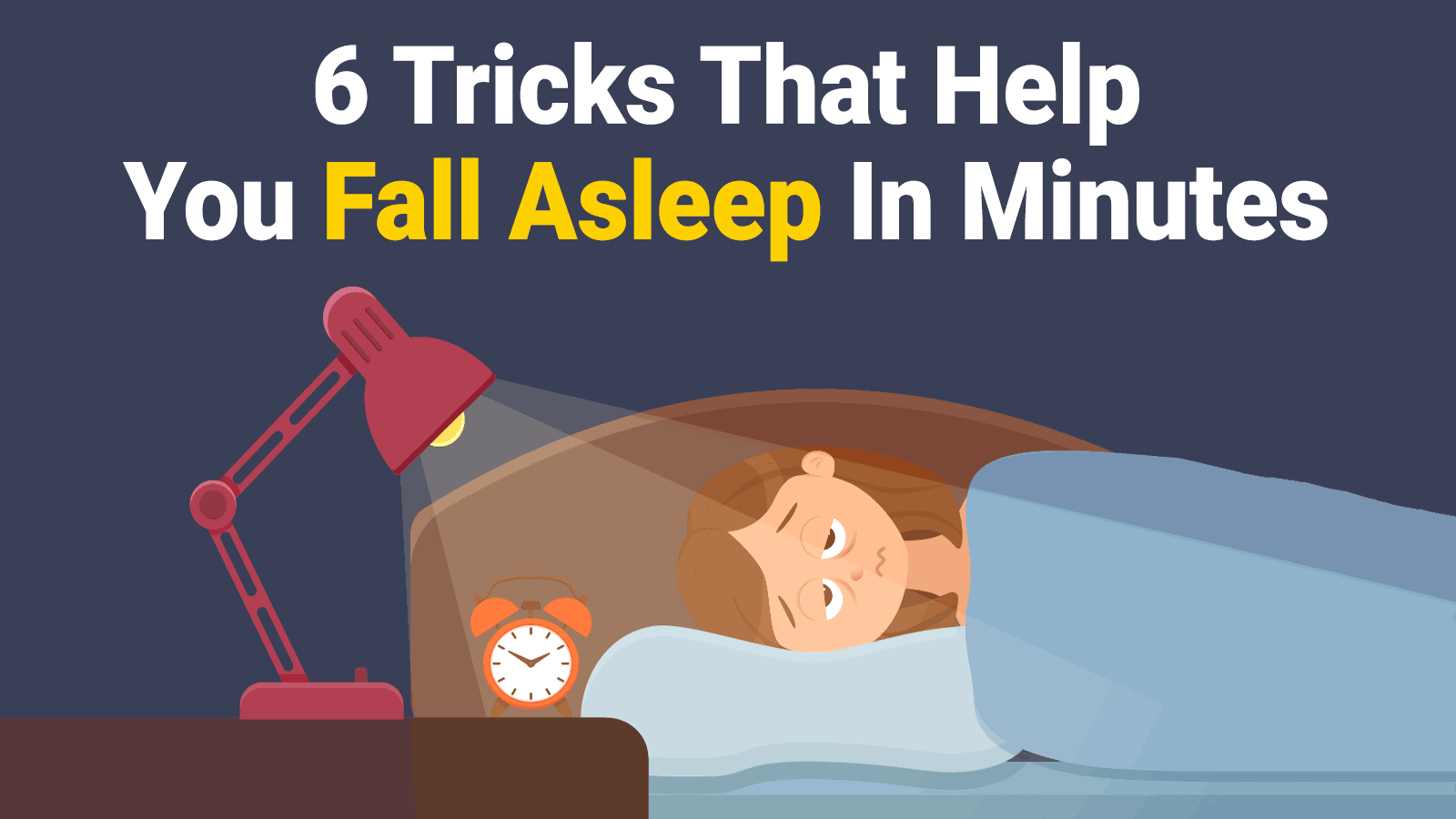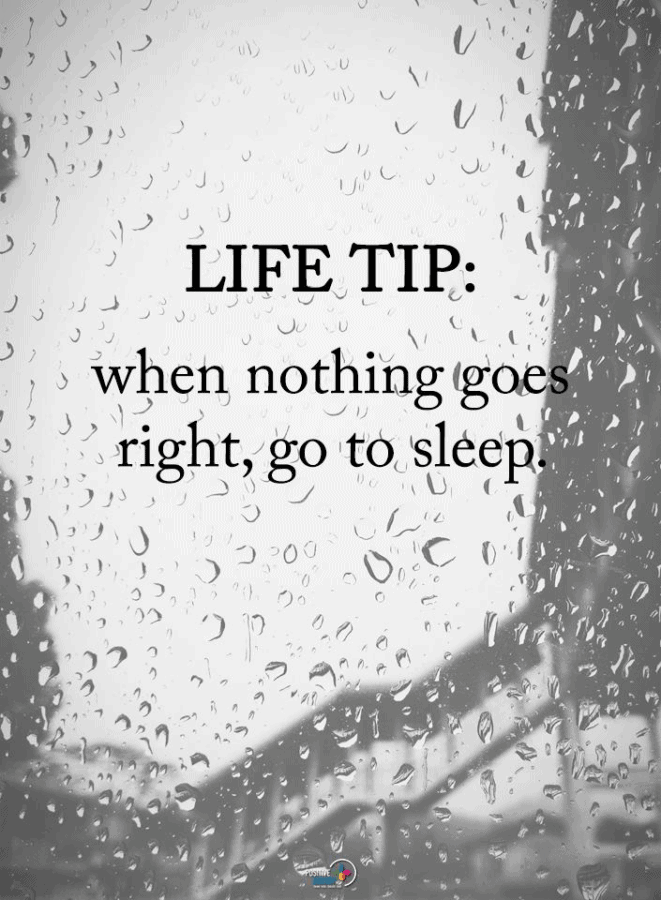How is it that some people can hop into bed and fall asleep within a few minutes? This ability to fall asleep quickly (along with needing just a few hours of sleep to feel rested) is, unsurprisingly, a mix of genetics and sleep habits.
While this article may not turn you into a “snap sleeper” overnight, it will provide some useful, scientifically-proven ways of expediting your path to dreamland. It’s important to remember that sleeping habits are exactly that – habits. As such, the more often you practice these techniques, the quicker you’ll get rid of adverse sleeping habits and realize practical results.
Here are six tricks to help you fall asleep in minutes:
1. Turn those lights off
Have you ever lost power in your house or apartment? If so, the odds are you slept better that night. The reason is, despite all the incandescent, fluorescent, and LED lighting, your body’s internal clock still syncs with the sun (thanks, evolution!)
Of course, the typical household doesn’t care much about sunrise and sunset times. Instead, we’re inundated with artificial lights, gadgets and other innovations that have altered our natural sleep/wake cycles.
The solution: dim the lights and avoid blue light-emitting electronics for at least 60 minutes before getting into bed. Also, get rid of any light-emitting electronics from your sleeping space.
2. Breathe to help fall asleep
In an article published in The Journal of the American Medical Association, researchers concluded:
“Participants within the mindful awareness practices (MAPs) group showed significant improvement relative to those in (other groups). (The) MAPs group also showed significant improvement (in) secondary health outcomes of insomnia symptoms, depression symptoms, fatigue interference, and fatigue severity.”
The skill of quieting your mind can be irreplaceable for inducing sleep.
3. Forget about trying
Not being able to fall asleep can be incredibly frustrating – but it’s not a problem that can be willed away. Like hunger or thirst, sleep is a function of the body. We can (and should) make adjustments to our habits, but there will still be times when we’re just not ready to fall asleep.
Good sleep hygiene practices can help, according to the National Sleep Foundation. Regular exercise, regulating stimulants, a well-balanced diet, and limiting daytime naps can all make falling asleep more accessible.
4. Take a hot shower or bath
Not only is a hot bath or shower a blissful experience, but it also induces a sharp decrease in both cortisol (a stress hormone) and body temperature (a cool body temperature aids sleep). The sleep-inducing effects of a hot shower or bath may be one of the most underappreciated methods of assisting sleep.
For bath lovers, one recommendation is to increase heat in your home to around 80 degrees Fahrenheit (?27 degrees Celsius.) Then soak in the tub for about a half hour before hitting the rack.
5. Warm your feet to fall asleep comfortably
In a study conducted by German researchers, the team discovered a link between warm feet and the faster onset of sleep: “A hot-water bottle at the feet, while not acting on mechanisms in the central nervous system that underlie the regulation of sleep can rapidly induce vasodilation.”
Vasodilation is defined as “Widening of blood vessels that results from relaxation of the muscular walls of the vessels.”
Pharmaceutical and over-the-counter (OTC) sleep aids are both known to increase vasodilation to varying degrees. As it turns out, a pair of warm socks (or a heated water bottle?) may also help do the trick.
6. Let your mind roam as you fall asleep
As mentioned, mulling over how bad you’d like to be asleep is counterproductive. Redirecting your brain’s attention to sleep like you would some tedious task will only increase stress levels.
If your mind and body feel restless, just allow your mind to wander for a while. Imagine your dream vacation on some tropical island, or visualize some goal or aspiration you have yet to achieve. If you’re a daydreamer, this is a perfect time to engage in one of your favorite diversions. Call it “nightdreaming” if you will.
Positive, relaxing thoughts will help encourage sleep.





















